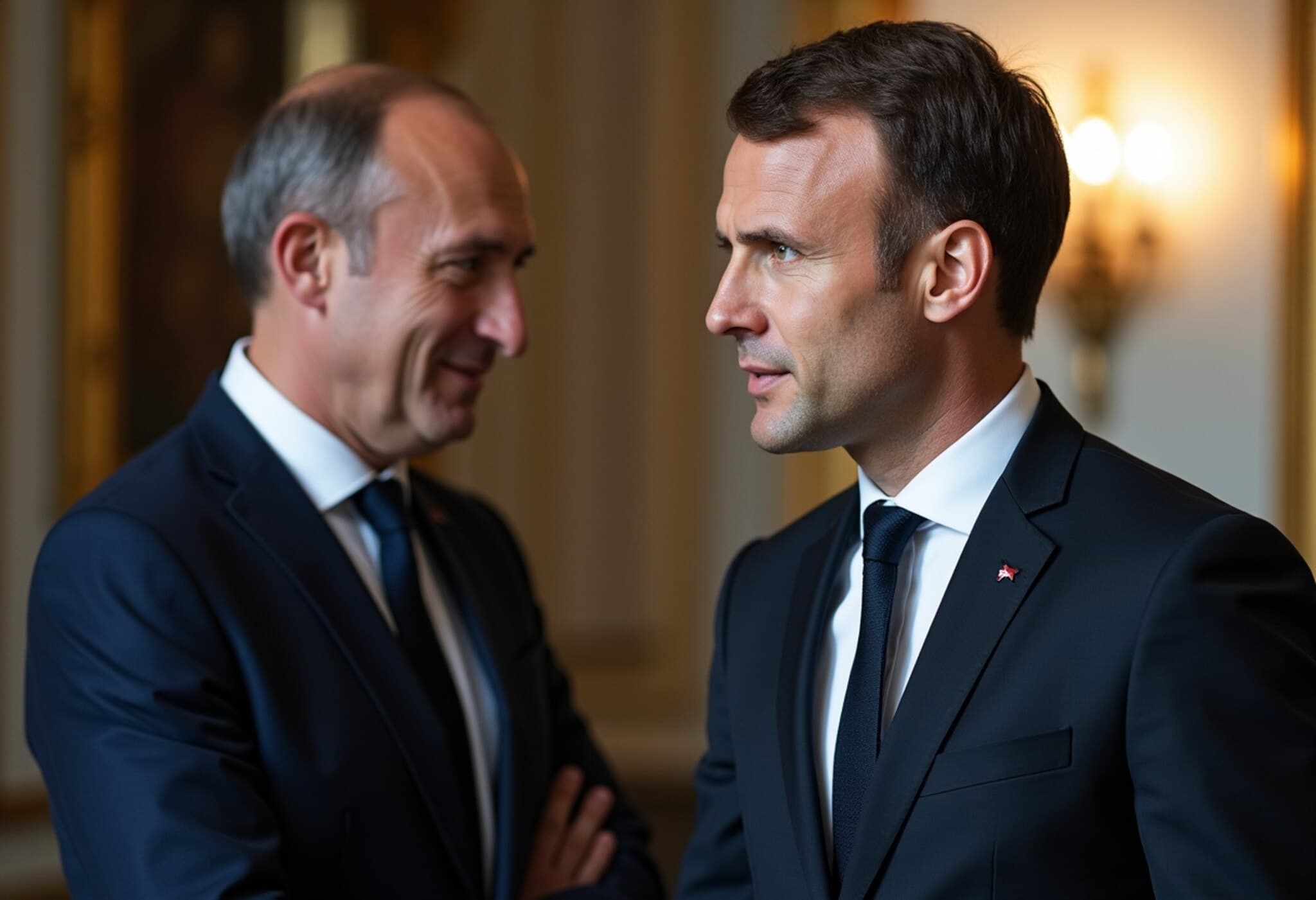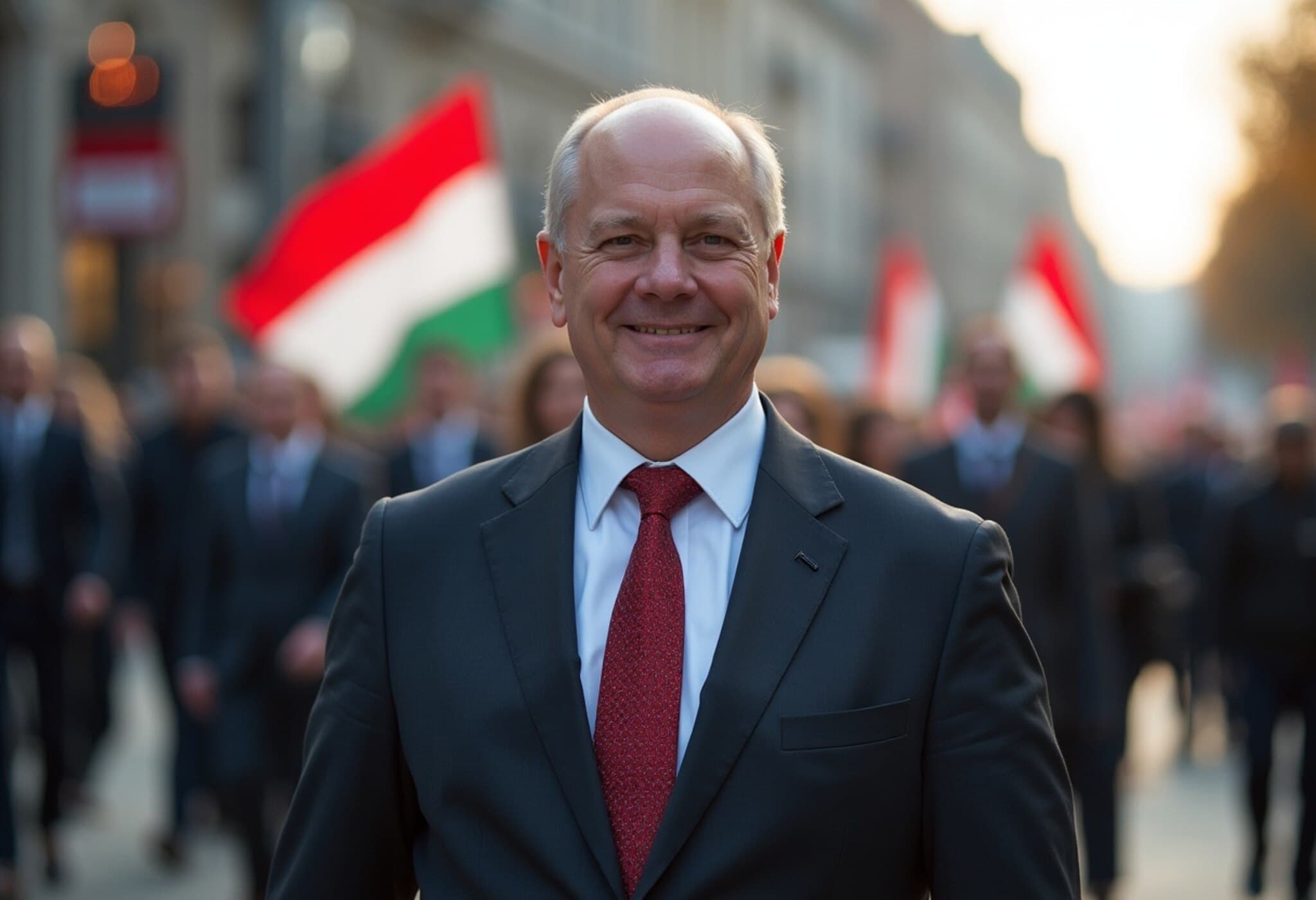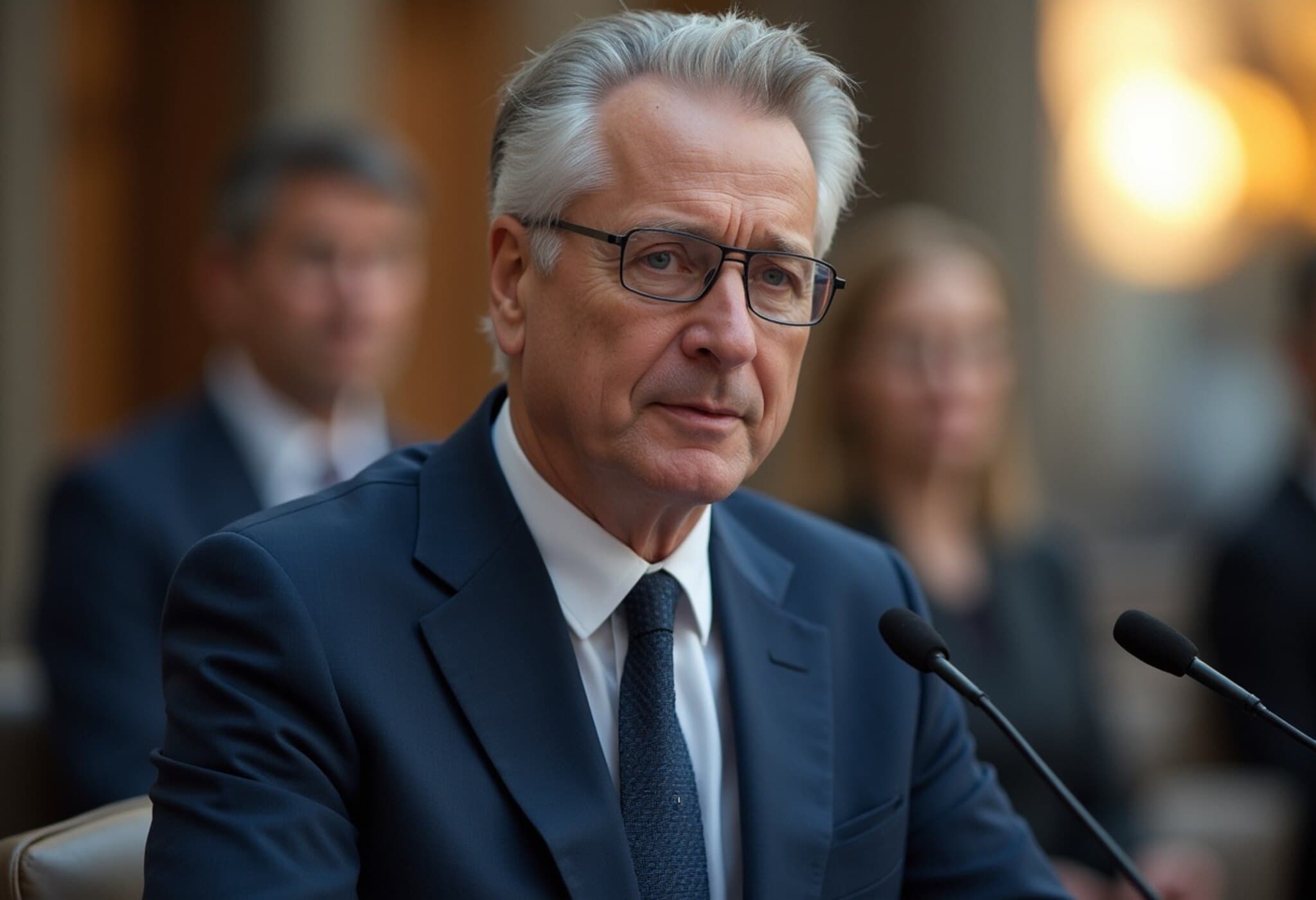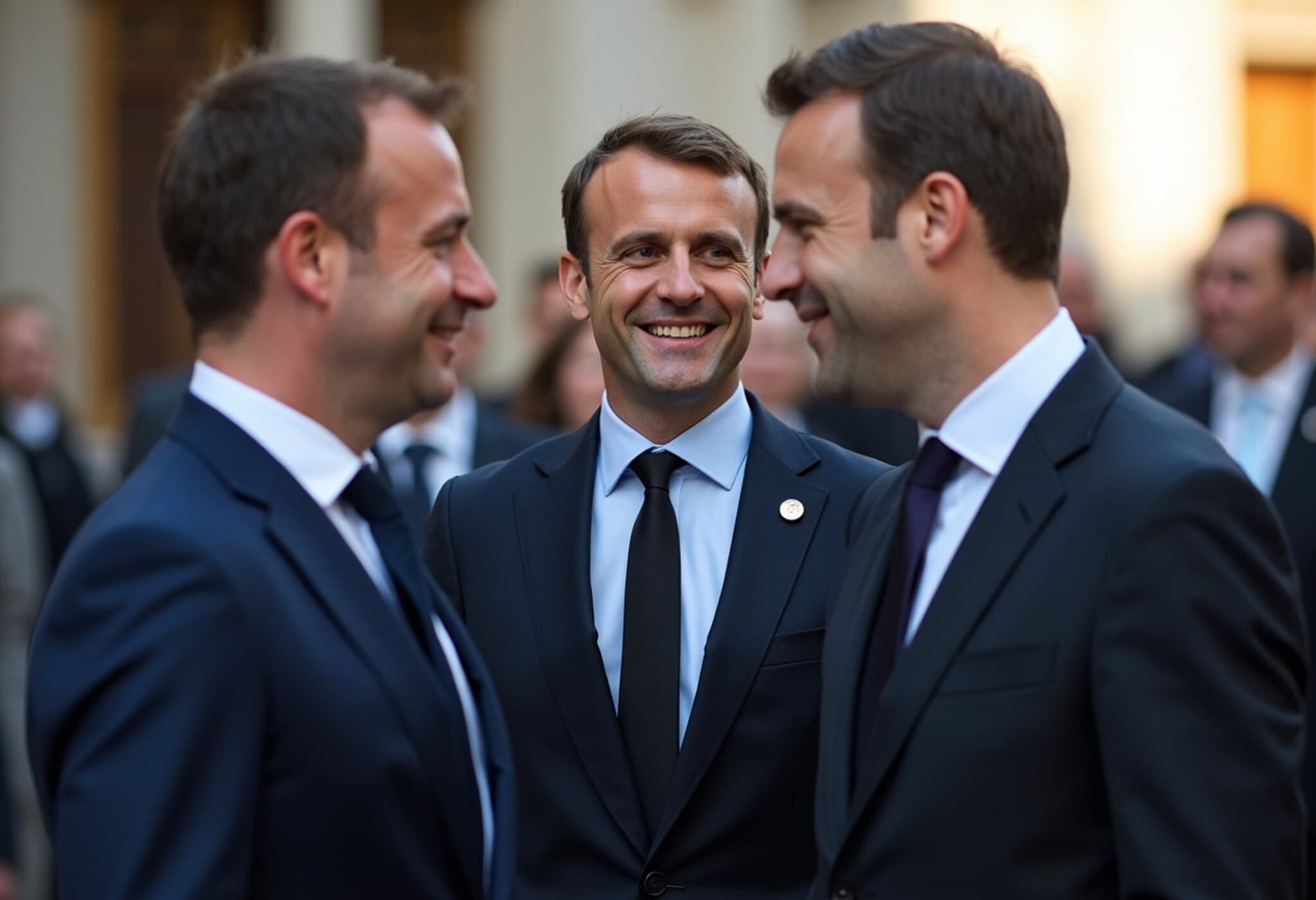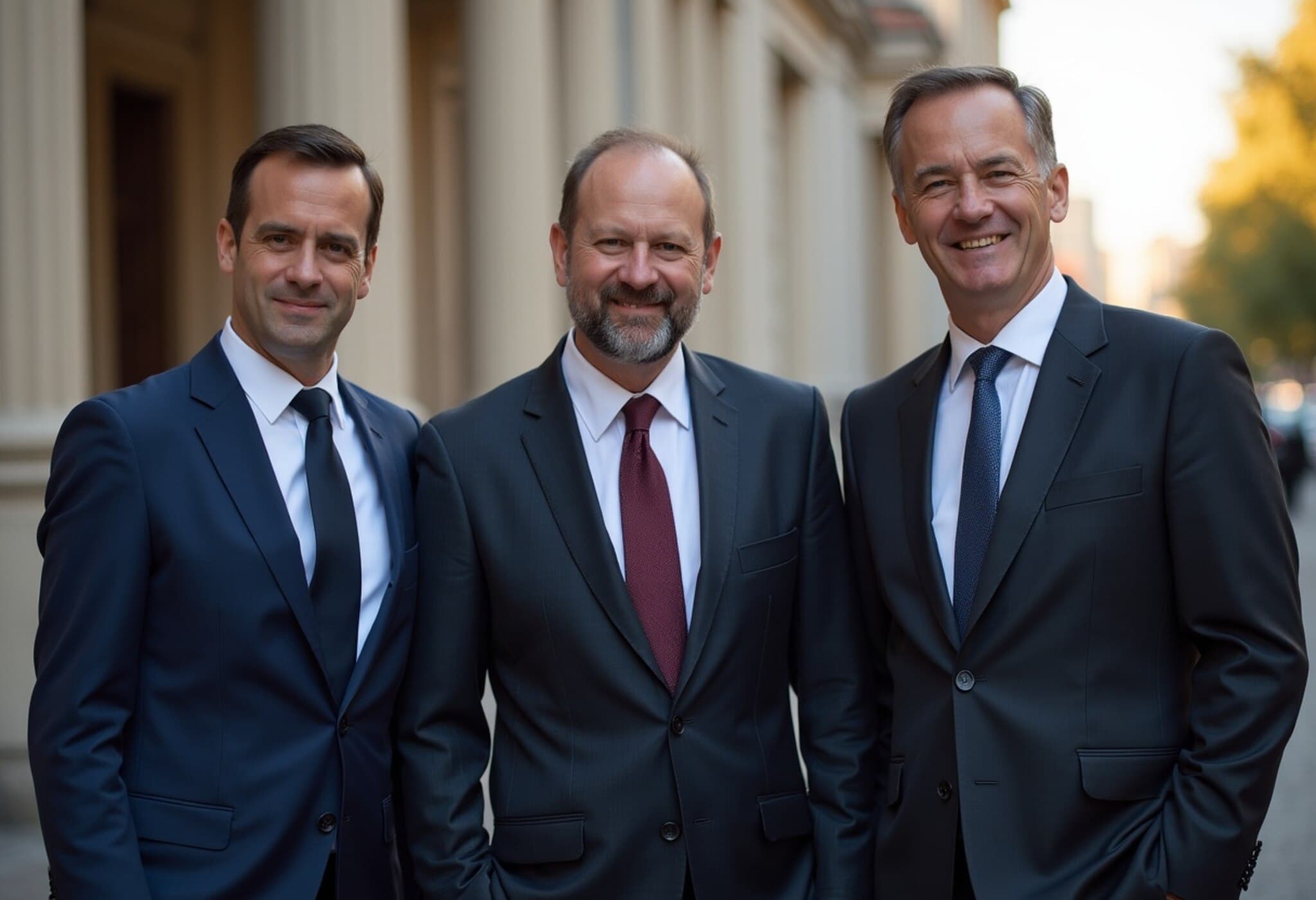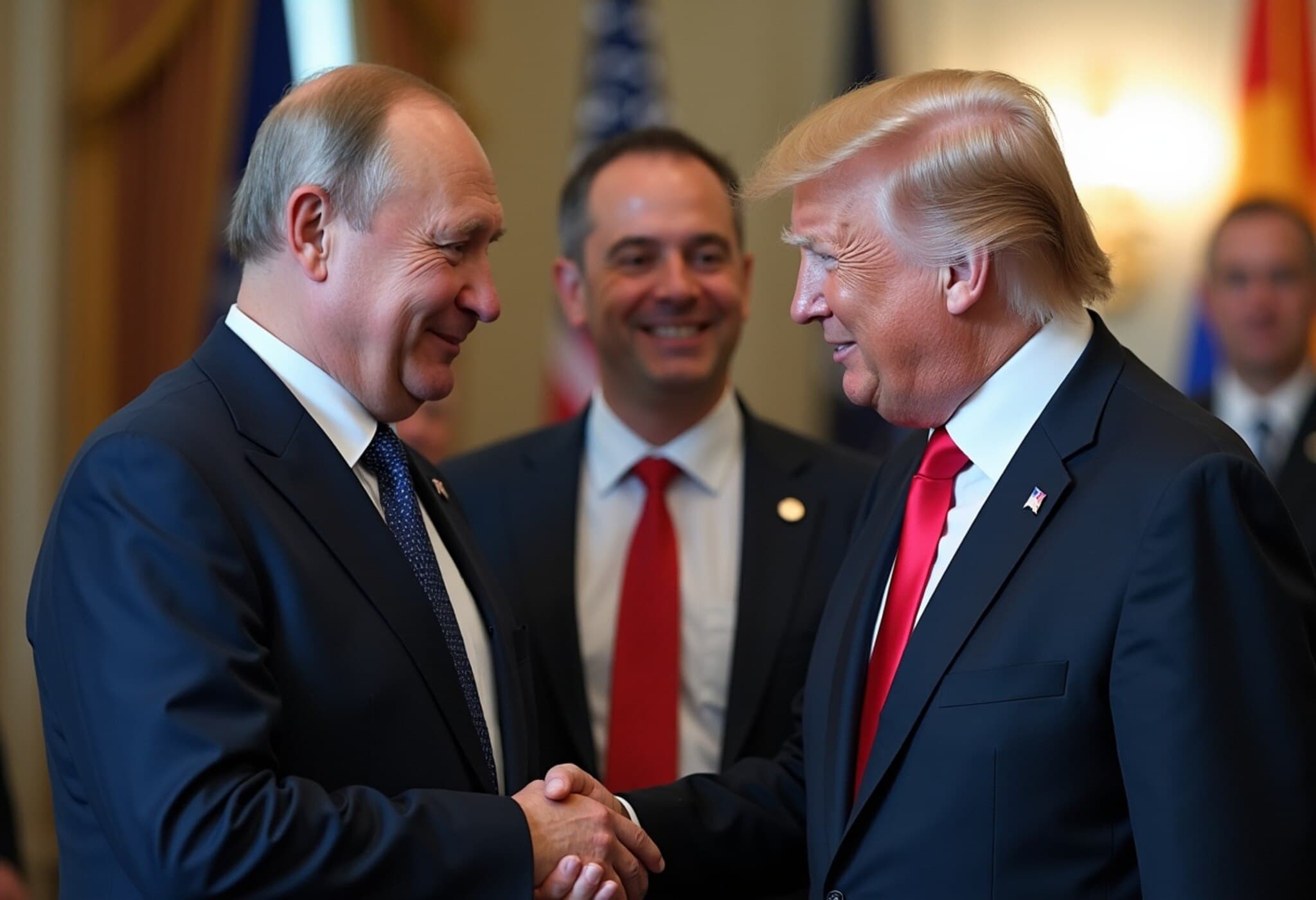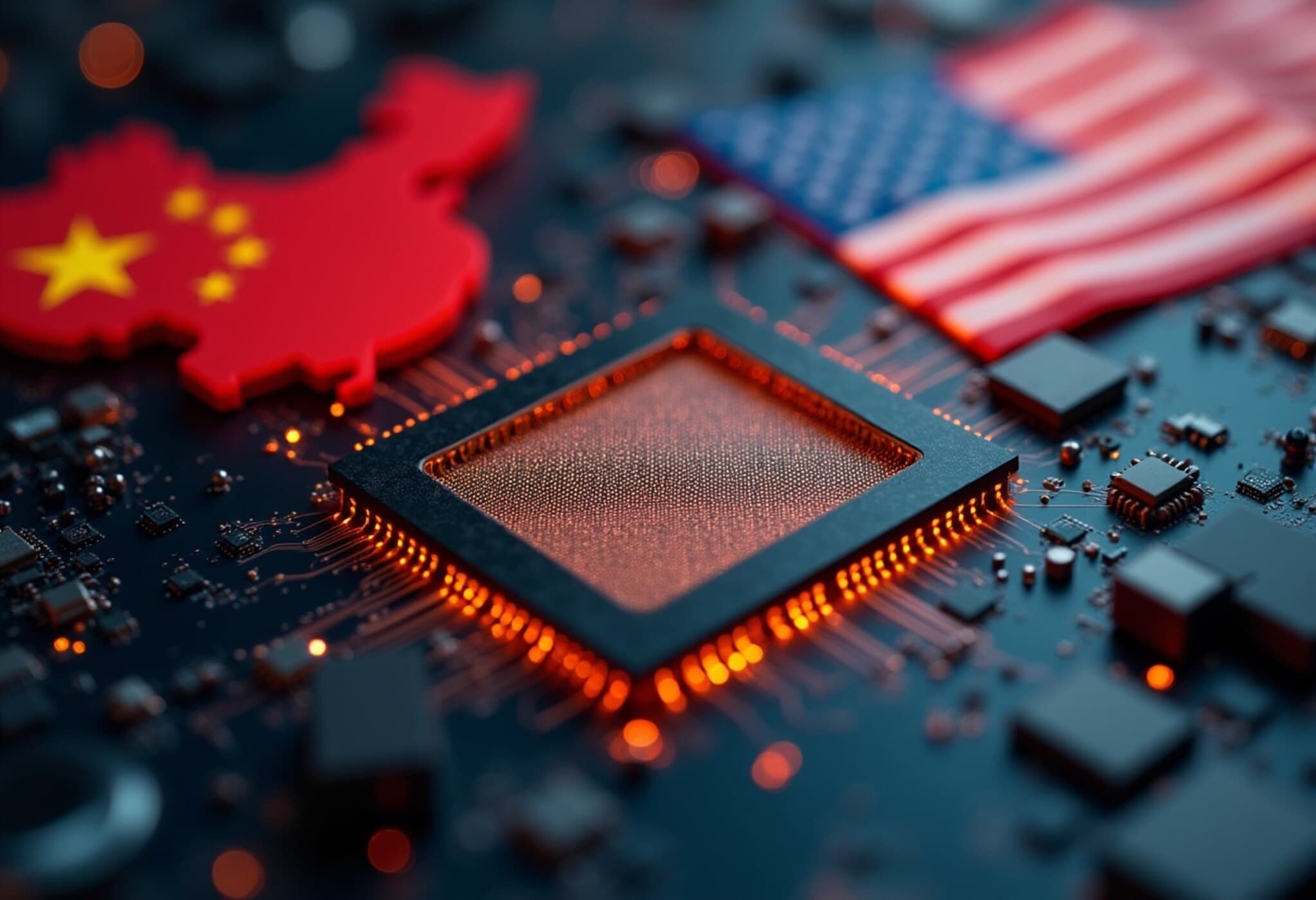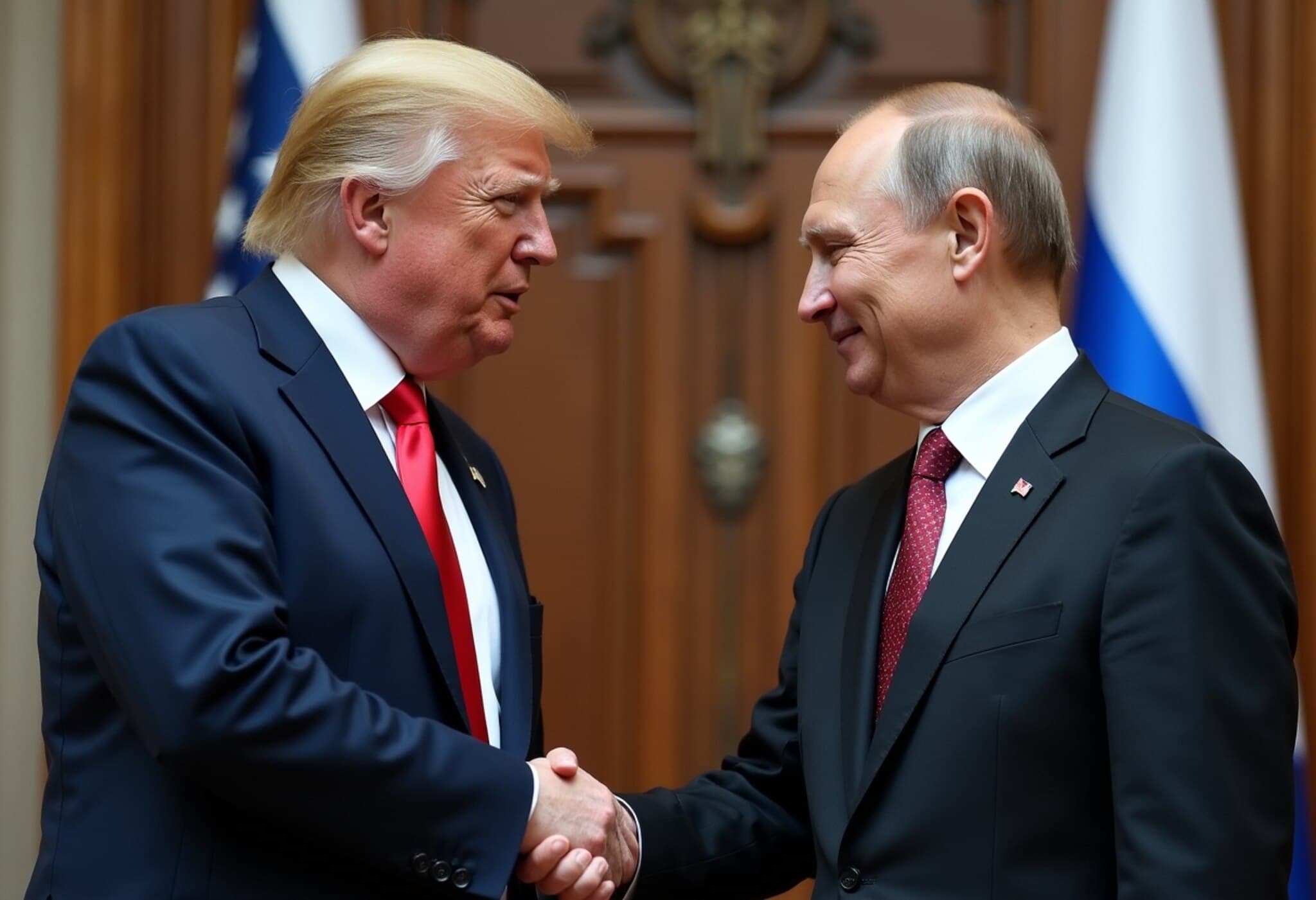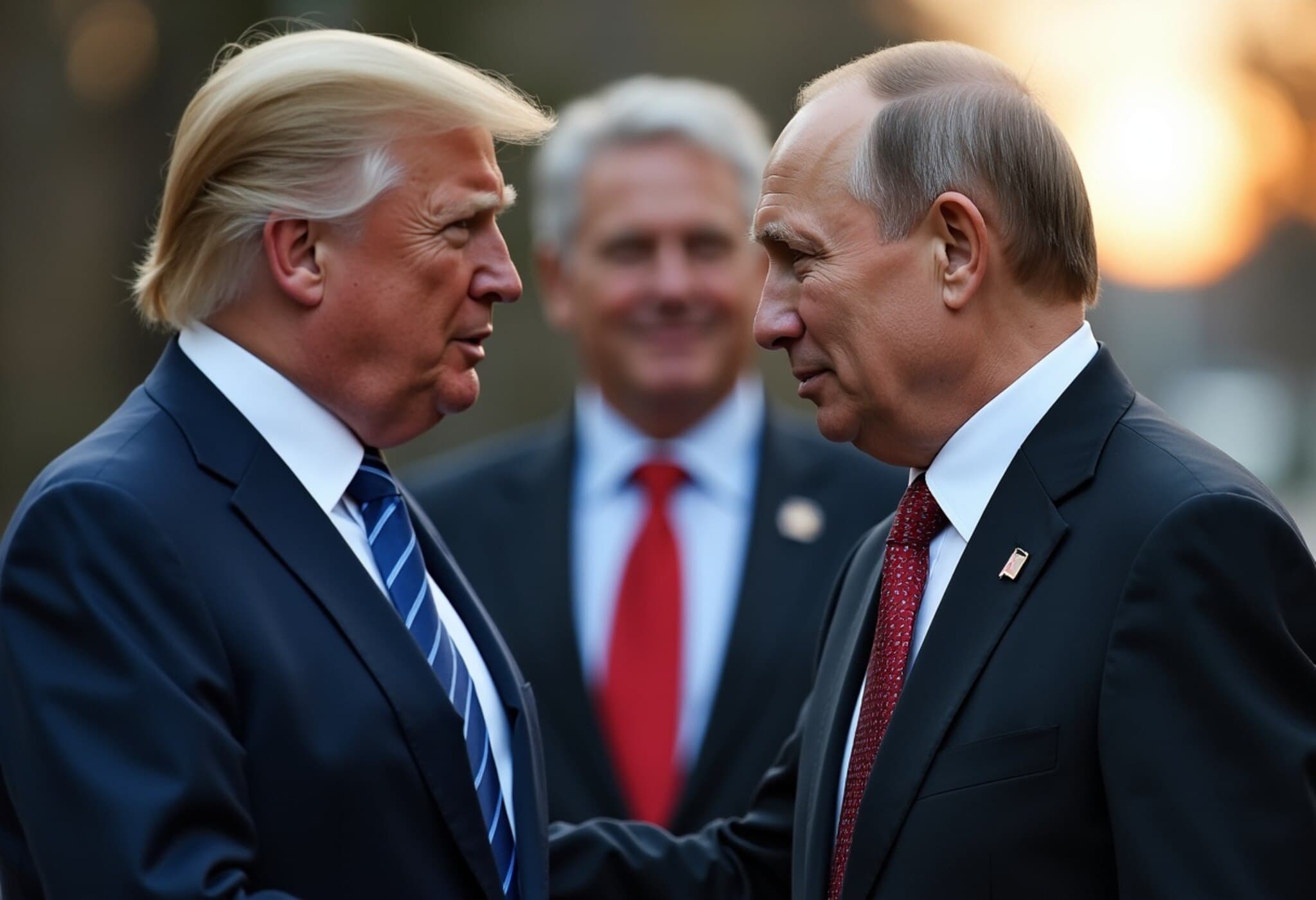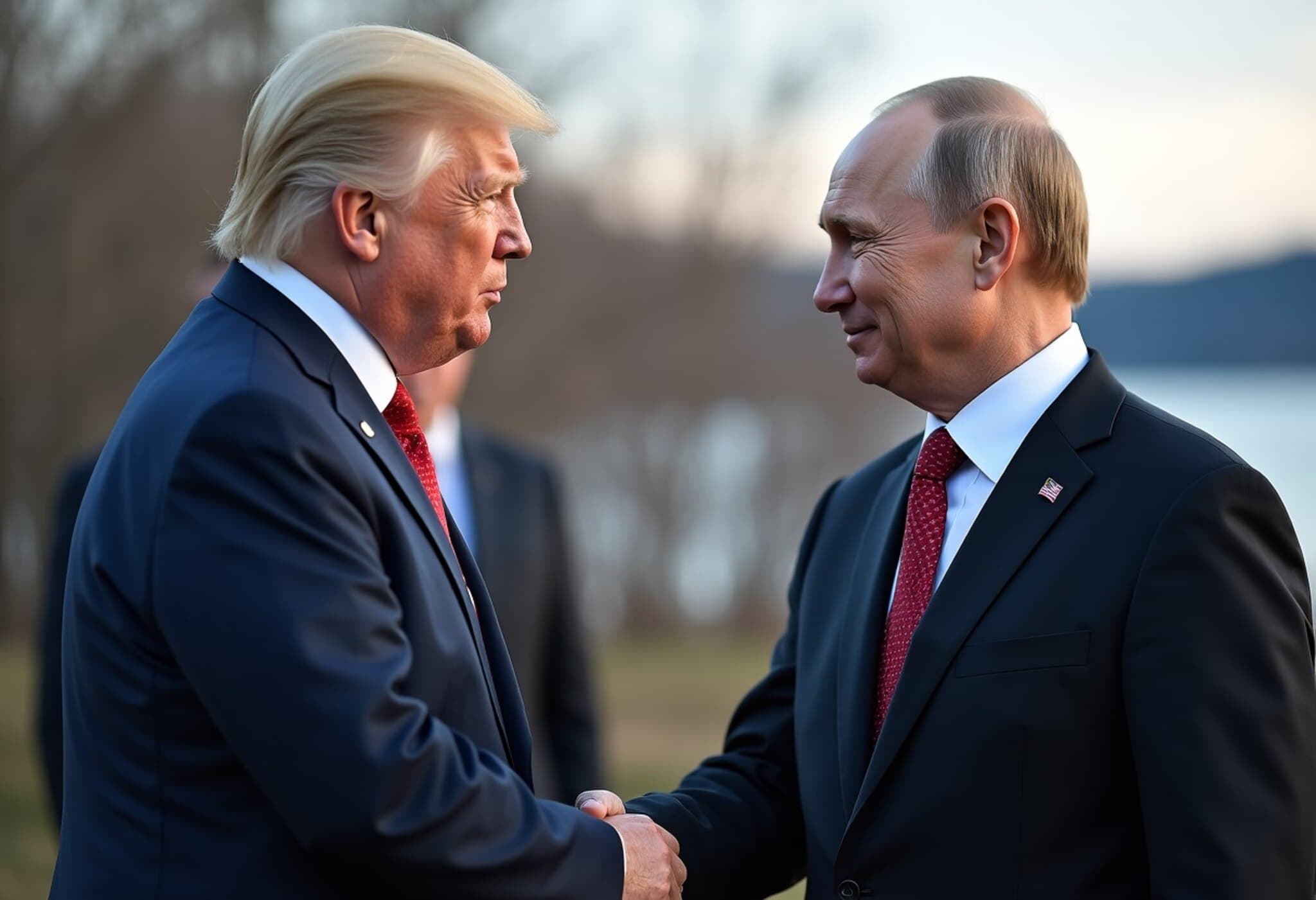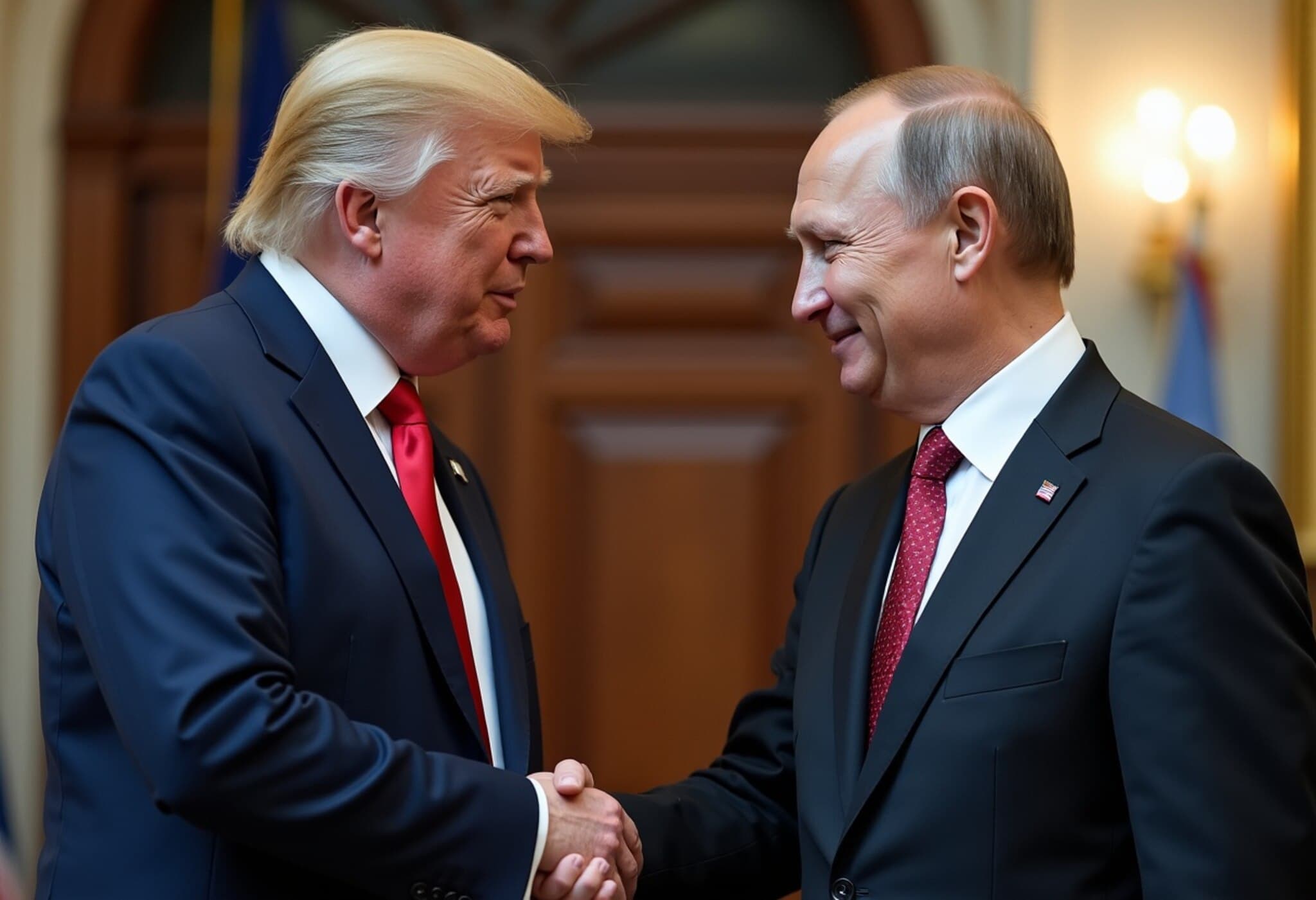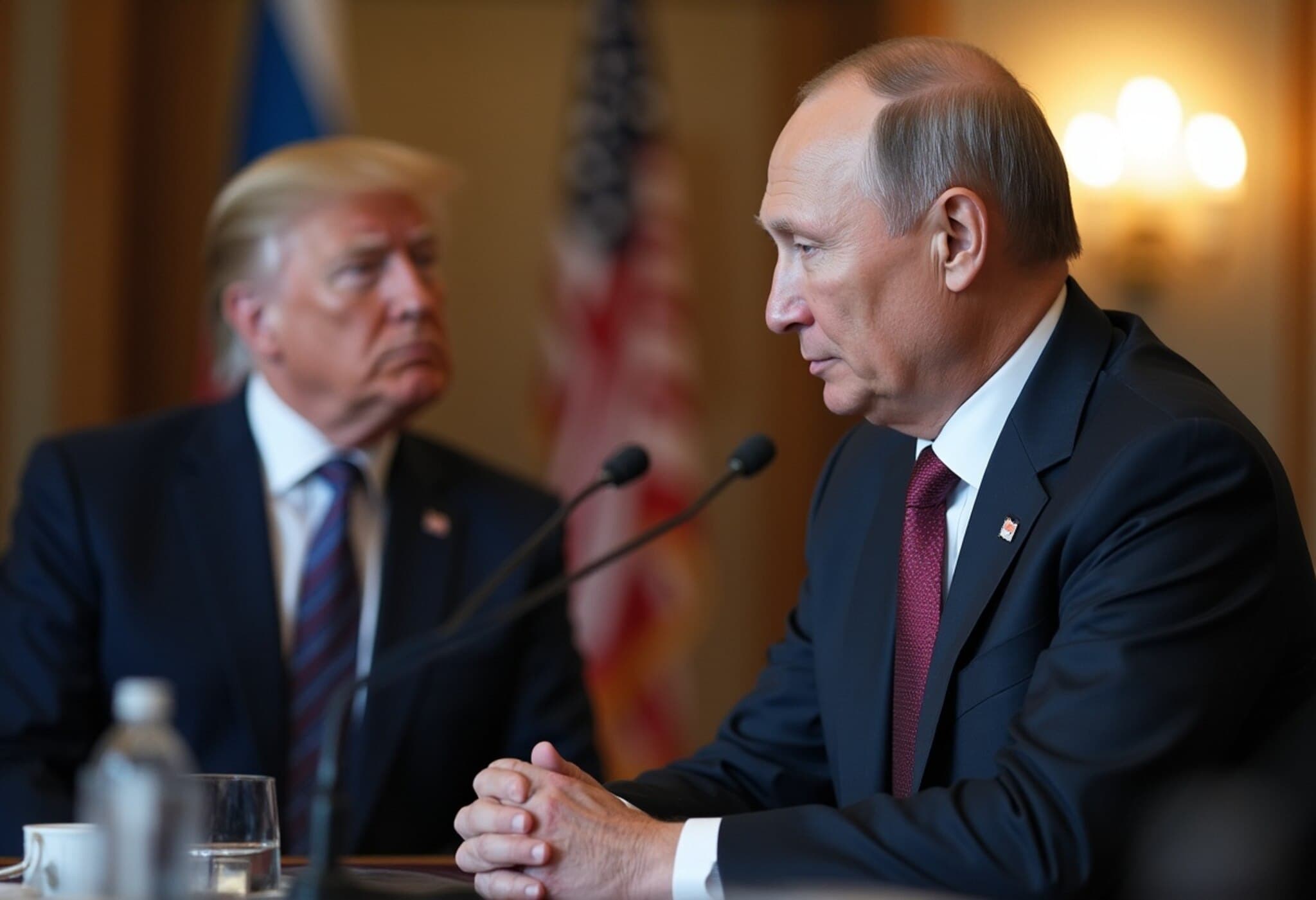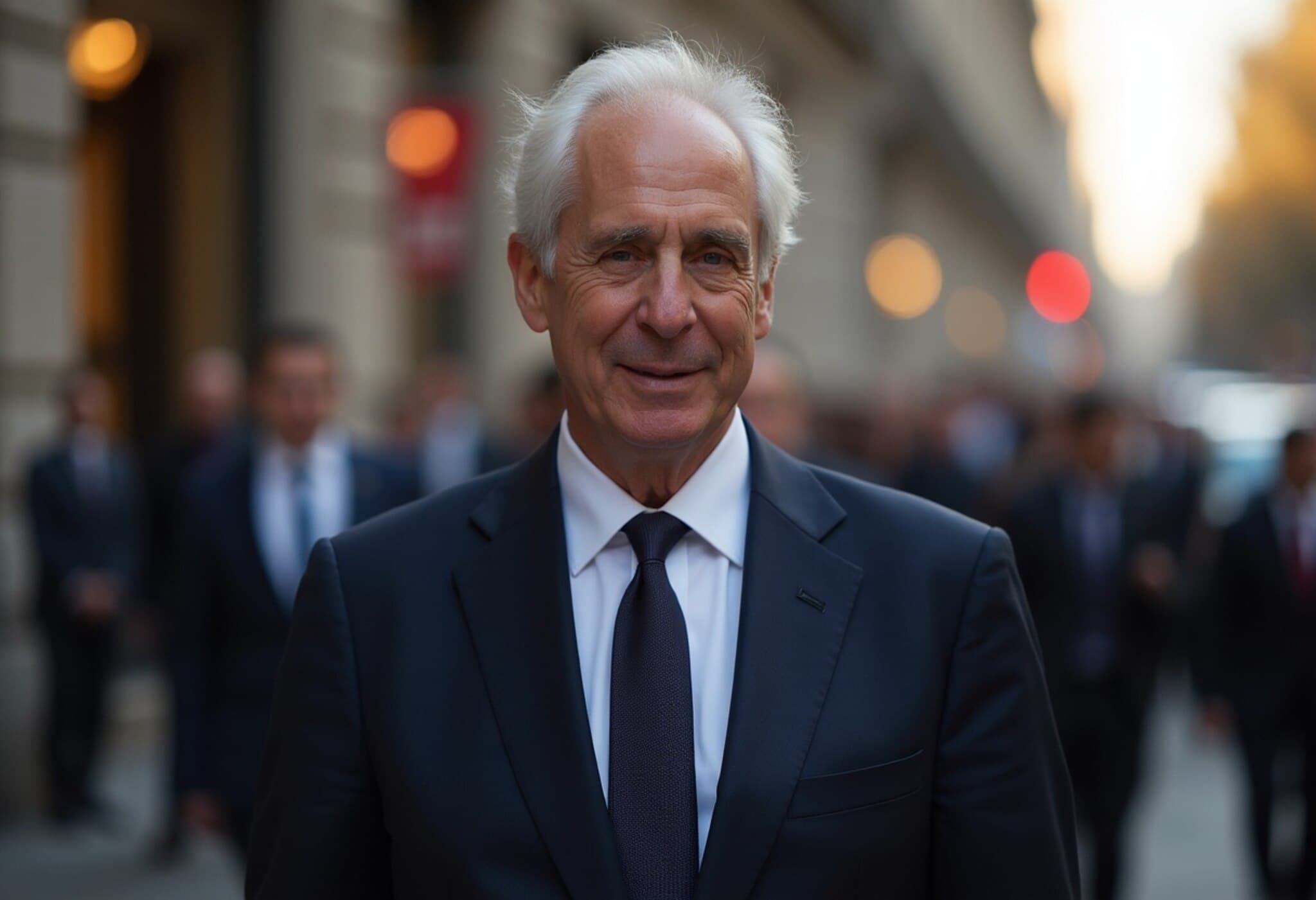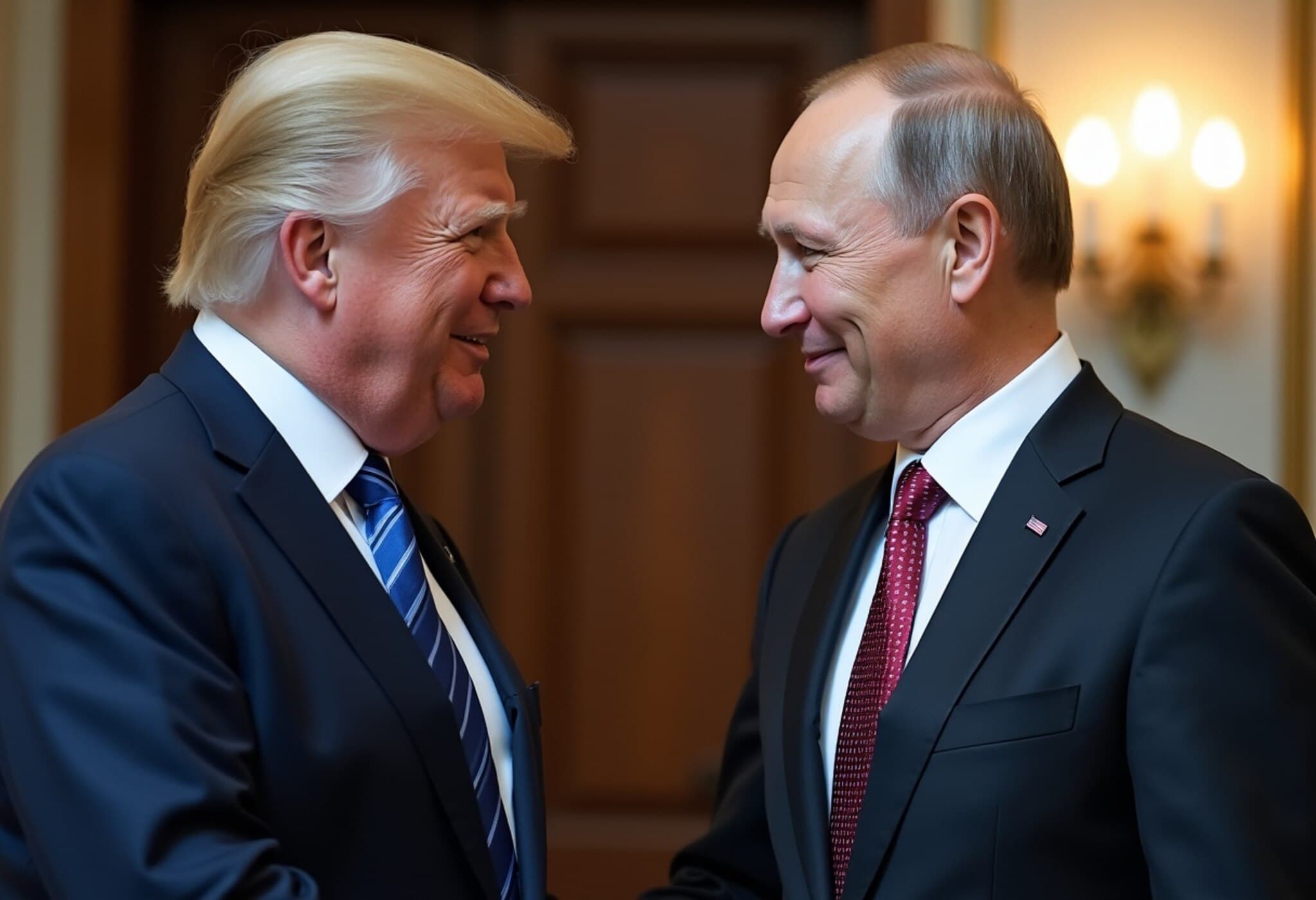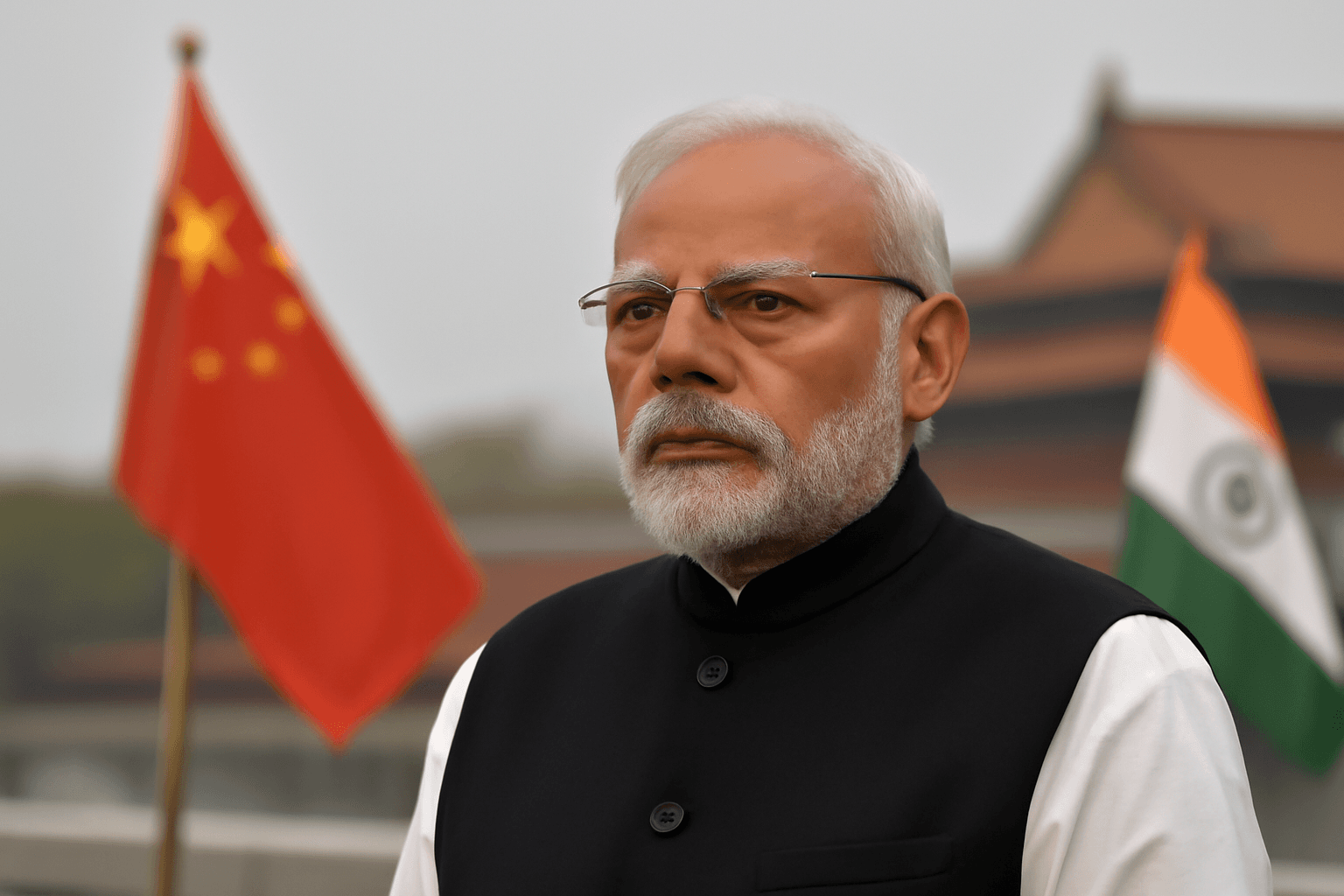Macron Labels Putin an ‘Ogre’ Amid Escalating Tensions in Europe
In a stark and emotionally charged interview with French network LCI on August 19, 2025, French President Emmanuel Macron portrayed Russian President Vladimir Putin as a fearsome “ogre” looming at Europe's doorstep. Drawing from European folklore where ogres are monstrous giants who devour children, Macron’s metaphor painted a vivid picture of a leader driven by ruthless survival instincts, threatening the security and stability of the entire continent.
‘A Predator at Our Gates’ — Understanding Macron’s Powerful Metaphor
Macron described Putin as both a “predator” and an “ogre”, emphasizing that the Russian leader’s aggressive actions are not random but calculated moves to maintain his political grip. The symbolism of the ogre, particularly associated with devouring children, resonates deeply given recent international outcry over Russia’s abduction of nearly 19,500 Ukrainian children — an emotionally charged human rights crisis that has shaken Europe and the broader world community.
These children, reportedly taken under duress during the ongoing war, have been subject to illegal adoptions within Russia, sparking condemnations from Ukraine and global leaders alike. Even American First Lady Melania Trump has publicly addressed the issue, appealing to Putin for their safe return. The European Commission President Ursula von der Leyen also raised this matter during her meeting with U.S. President Donald Trump, reflecting the widespread international concern.
Contextualizing the Threat: Macron’s Strategic Shift on Russia
Once an advocate for dialogue and cooperation with Russia, President Macron’s stance has transformed dramatically since 2022. After attempts at diplomacy failed to prevent the war, he adopted a tougher posture, advocating for enhanced military preparedness across Europe and proposing to extend France’s nuclear umbrella to safeguard the continent.
Macron’s warnings go beyond rhetoric. He cited Putin’s pattern of destabilization, border redrawing, and disregard for peace agreements. “Putin has rarely honoured his commitments,” Macron noted, underscoring the ongoing risk to European sovereignty and security.
While acknowledging that France is not under immediate threat, Macron cautioned Europeans against complacency: “No one should be naive. This is a clear threat to Europe.”
Broader Implications for European Security and Policy
- Military Preparedness: Macron leads a “coalition of the willing” to strengthen Europe’s defense posture amidst fears of ceasefire loopholes or renewed aggression from Russia.
- Humanitarian Crisis: The abduction and welfare of Ukrainian children remain a pressing, yet underreported, issue demanding urgent international attention and action.
- Diplomatic Challenges: Europe finds itself at a crossroads between continued engagement with Russia or adopting a more unified, robust stance to deter further conflict.
- Political Dynamics: Macron’s evolving policy reflects shifting European attitudes, moving from cautious engagement to defensive vigilance against authoritarianism on the continent.
Expert Perspective: The American and European Legal Angle
From a U.S. and transatlantic policy standpoint, Macron’s framing adds gravity to calls for coordinated sanctions and legal actions against human rights violations. The forced relocation and illegal adoption of children violate international laws, including the Geneva Conventions and UN conventions on the rights of the child. This opens pathways for international courts and human rights organizations to hold perpetrators accountable and amplify pressure on Russia.
What’s Next for Europe?
Macron's vivid warning serves both as a call to action and a reflection of Europe’s uneasy reality. The continent faces a complex challenge: balancing diplomatic efforts to contain conflict with bolstering defenses against a determined and unpredictable adversary.
As Europe wrestles with these issues, the underreported human suffering — especially the targeted abduction of Ukrainian children — demands urgent spotlight, humanitarian aid, and justice. Macron’s “ogre” metaphor encapsulates the existential fear that many Europeans silently grapple with today.
Editor’s Note
Emmanuel Macron’s powerful characterization of Vladimir Putin as an “ogre” underscores not just geopolitical tensions but also the human toll of the Russia-Ukraine conflict. This stark imagery brings to light the desperate plight of thousands of Ukrainian children caught in the crossfire. As European leaders recalibrate their strategies toward Russia, the crisis challenges both policymakers and citizens to confront the balance between diplomatic engagement and firm resistance. The evolving narrative invites us to ask: How will Europe safeguard its future while addressing the profound humanitarian crises happening now?

